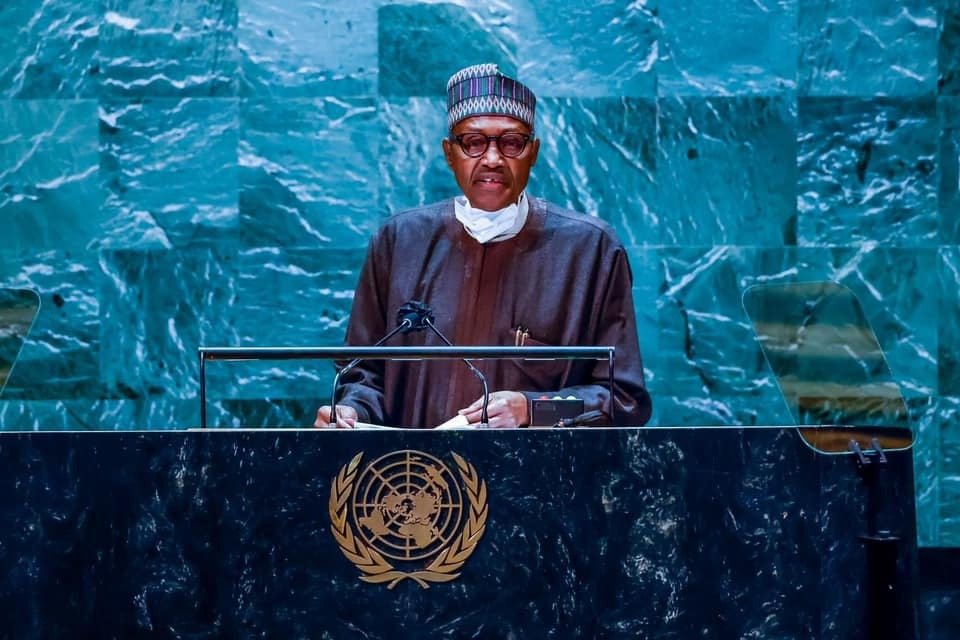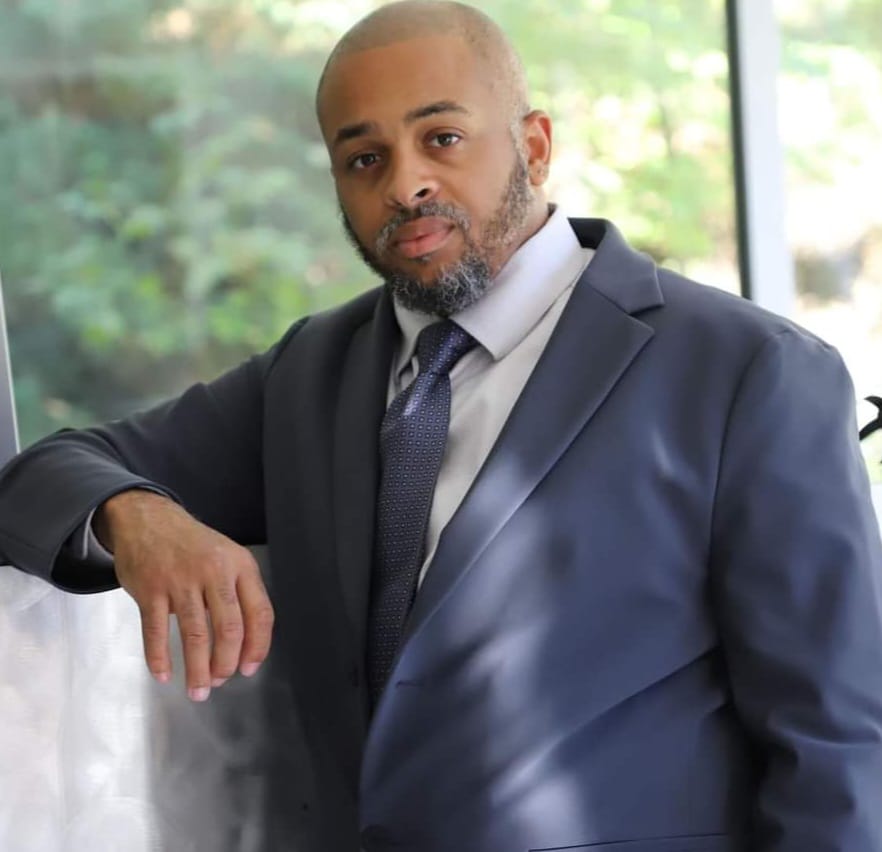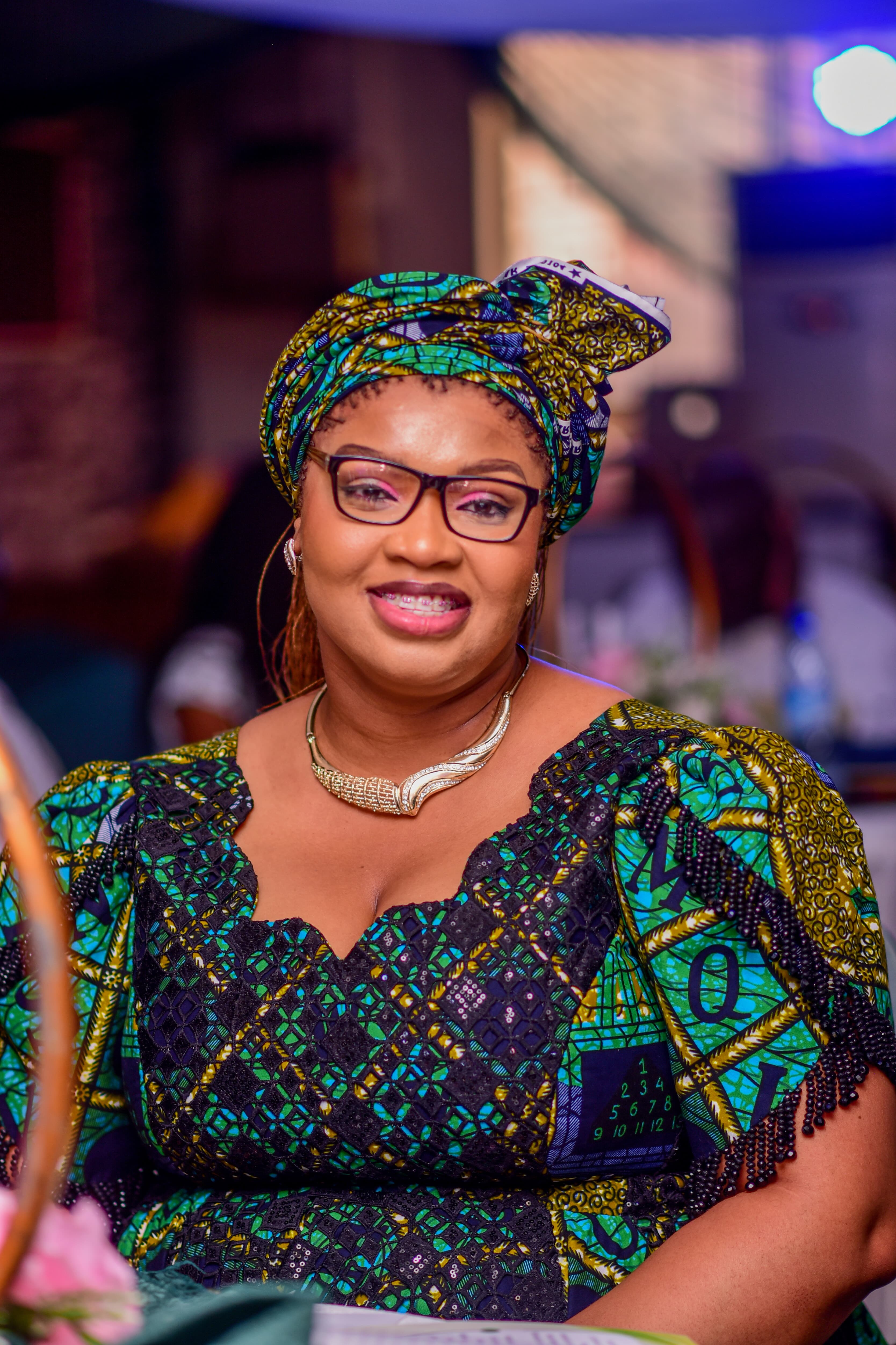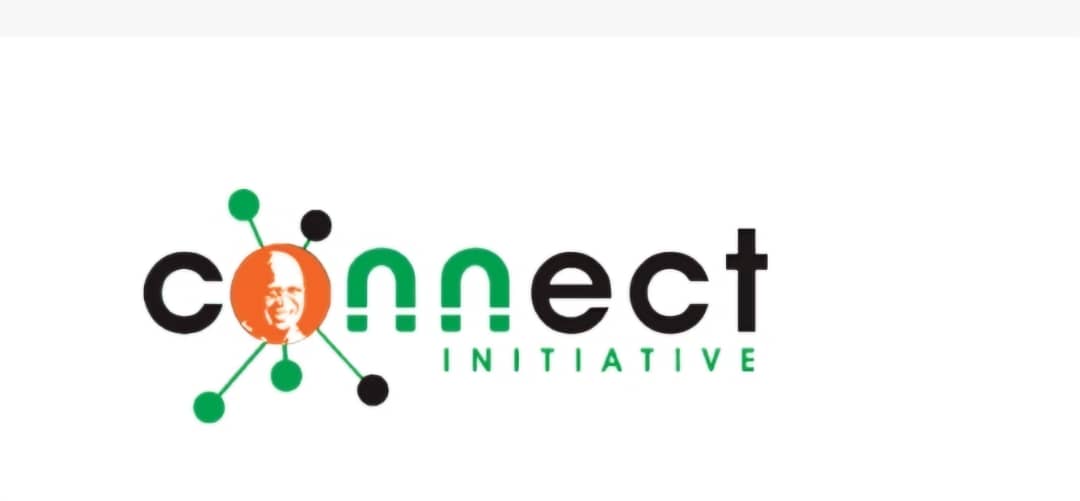By Reuben Abati
This certainly promises to be an interesting year for Africa where a total of 24 general, legislative and local elections would take place in the course of the year in Republics of Benin, Comoros, Cote d’Ivoire, Djibouti, Egypt, Gabon, Ghana, Guinea, Guinea Bissau, Liberia, Libya, Madagascar, Mali, Mauritania, Mozambique, Nigeria, Sierra Leone, Somaliland, South Sudan, Sudan, Swaziland, Togo and Zimbabwe. For a continent that has had issues of military truncation of democratic processes or threats thereof in recent times – Libya, Egypt, Congo, Burundi, Central African Republic, Ethiopian, Mali, Guinea Bissau, Chad – any indication of the sustenance of democracy in any part of the continent would be simply good news. But the one that concerns us most is the fact that Nigeria in 2023 is scheduled to have general elections, the sixth since the return to civilian rule in 1999, with the possibility, if that be the case, of the outcome of a transition at political party level at the centre.
This would perhaps turn out to be the most important event in Nigeria’s political calendar in 2023. The question as framed in not so many words is: who will succeed President Muhammadu Buhari? If the race had been somewhat measured, it can be safely imagined that as we enter the New Year, it would possibly take no more than two weeks from this moment, before the entire Nigerian landscape lights up in frenetic election frenzy as the various parties and candidates begin the final dash towards the Presidential election on February 25, 2022, and the Gubernatorial and Legislative Elections scheduled for March 11. For now, there seems to be an informal consensus that out of the 18 political parties in the race, only four political parties and four candidates can be taken seriously: the Peoples Democratic Party (PDP), and Waziri Atiku Abubakar, the All Progressives Congress (APC), and Asiwaju Bola Ahmed Tinubu, the Labour Party and Mr. Peter Obi and the New Nigeria People’s Party (NNPP) and Dr. Musa Rabiu Kwankwaso. In a recent, robust, thumb-of-the-rule, analysis of projections, ThisDay Newspaper, reduced the race to a straight, all-out fight between the APC and the PDP and the possibility of a run-off. This may however change, given the volatility of political permutations.
But what lies ahead has already been signposted by a series of events. Just as the year was about to end, Prince Arthur Eze, the Igbo billionaire and entrepreneur and the Godfather of some people, announced at an Ofala festival, that he had told Peter Obi of the Labour Party not to run for the Presidency because he is not the chosen one. He said he told Peter Obi not to waste his money and when it is the turn of Igbos, it would not even be him, but Professor Charles Soludo, the incumbent Governor of Anambra State to whom whoever wins the Nigerian Presidency in 2023 would hand over. Prince Eze’s intervention generated not a little ruckus, more so as he had arrogated to himself the power and privilege to determine the political future of Igboland and the political fortunes of Peter Obi. This was made a tad more interesting by the fact that Professor Charles Soludo whom he announced as the Igbo choice for the Presidency of Nigeria had in fact written in November 2022, in a piece titled “History Beckons and I will Not Be Silent (1)” that Peter Obi’s presidential ambition is a wild goose chase that will amount to nothing, and that his claim of extra-ordinary performance as Anambra Governor is at best a scam. Soludo has not published the Part II of his 2023 political homily. But while he and Prince Eze have the right to their own choices, it cannot be confirmed that they speak for all Igbos or the Nigerian elite, even if there has been very loud silence among the Igbo elite about Peter Obi’s candidacy. His constituency is the ordinary Nigerian who wants to take his or her country back, who believes that the best way to move Nigeria forward is to disrupt it, do something different, think out of the box. Either by default or design, Peter Obi, more than Omoyele Sowore, candidate of the African Action Congress (AAC) who in fact generated that lexicon in 2019, has taken ownership of it and given it velocity and currency. But to what end? There is considerable disagreement over what the Peter Obi phenomenon means.
What has lent it further oxygen, however, is the New Year endorsement by President Olusegun Obasanjo who says Peter Obi in his own estimation has an “edge” over other candidates in Nigeria’s Presidential race. Having been an issue in Nigerian politics for more than five decades, Obasanjo has learnt the artful game of owning the moment and that is precisely what he has done this time around. Weeks to the election, on the first day of the new year, he announced his preference, and he drew attention to himself, and made himself an issue. There are persons who have expressed the view that President Obasanjo should be quiet. I disagree. He has every right under the law to offer an opinion, just like Governor Charles Soludo, Prince Arthur Eze, and the rest of us. Nobody should be crucified for speaking their mind, since we all know in any case that nobody, be it a former President or a serving janitor has more than one vote. The only difference is that some people imagine that with their celebrity endorsements or condemnations, they can influence the votes. This is why the most important person in the forthcoming general elections is the voter. The Nigerian voter must stand up, be resolute and make an informed choice. There is no individual in this country that has powers under the law to dictate how others should vote. The operative rule is one man, one vote. Whether or not the elite prefer a particular candidate, what matters is what that average voter wants, and chooses. It is hence important that the Nigerian people vote according to their conscience. This is the area where the civil society has a responsibility to act in the people’s interest by conscientizing them that the best way forward for Nigeria is to vote for those who will make Nigeria a better place. Nobody must be allowed to play God in 2023. There are no messiahs in this country anymore. We only have the people and the people have a duty to save themselves.
Why? Because the leading political parties are in disarray, and do not seem to care about the electoral framework. The Electoral Act 2022 has been touted as a major step forward in Nigeria’s process of democratic consolidation but there is no concrete evidence that the political parties, their candidates and supporters have taken time out to study and internalize its provisions. There is too much bad conduct on the political scene. The political parties signed a peace accord brokered under the leadership of General Abdulsalami Abubakar, the Sultan of Sokoto, Bishop Matthew Hassan Kukah and others but the campaign process has been far from peaceful. It has been abusive, toxic, abrasive and uncivil. The major political parties are all guilty, and the surrogates, the hired Vuvuzelas, half of whom are hungry and angry have been unhelpful to the country, the process and the candidates who give them just barely enough to keep their stomachs alive. Under such circumstances, the people of Nigeria have a responsibility to save their country from all those elements, the termites, the fortune-seekers who have crawled out of the woods to hold the country hostage.
We have been told by the Independent National Electoral Commission (INEC) that the only way to do this is for the people to get their voting cards. Unfortunately, the on-going PVC collection exercise is a nightmare. In the South West, there have been allegations that non-Yoruba persons are not allowed to collect PVCs. In the East, there are allegations that militant groups are chasing people away from PVC collection centres. In the North, it is alleged that under-aged children are being given PVCs. Across the country, it is said that some unscrupulous elements are buying up PVCs and Voter Identification Numbers (VIN), apparently to reduce the number of voters on election day, and induce poor voter turn-out to serve a purpose in specific constituencies. INEC through its spokespersons has been very eloquent in dismissing all of these allegations and in boasting that it is prepared, so prepared it has even printed extra ballot papers should the country be faced with the possibility of a Presidential run-off and the activation of reverse logistics. This is not the time for empty boasts. INEC must address the challenges it faces. It must investigate the allegations that have been raised and take appropriate action. Less than eight weeks to the election, it has been said that people cannot get their PVCs! The collection process has been chaotic from Lagos to Anambra. It is not juju. It is organizational dysfunction! Indeed, in Lagos, many non-Yorubas complain that in the few local government areas where PVCs are given out, anybody bearing a non-Yoruba name is discriminated against and denied a PVC. Now, that is unacceptable. INEC must look into that and ensure that there is smooth, non-discriminatory collection of PVCs across the country, especially now that the adoption of BVAS – the Biometric Verification Accreditation System- has eliminated the recourse to incident forms. Everything in the coming 2023 elections depends on INEC and the integrity of its systems, and further, the commitment of President Muhammadu Buhari to his promise to ensure a peaceful and credible transition. INEC needs more ad-hoc staff. It needs hands on the ground. How it manages this make-or-mar election should mean a lot to its staff. INEC must stop making promises and get to work.
The promises should be left to the politicians. As things stand, the two major political parties are in a battle to the finish. The APC is so arrogant, and confident in a most insufferable manner that it is again the turn of the party. APC is the ruling party, and so there is probably something to be said for the power of incumbency. The only caveat there is that the sitting President has cultivated a seeming air of neutrality in the matter. He is leader of the party and Chairman of the APC Presidential Campaign Council but except I am missing something, and I stand to be corrected, the President has told everyone whoever has ears to hear that he is committed to leaving behind a legacy of free and fair elections and he wants Nigerians to vote and choose freely according to their conscience. In other words, he, President Buhari belongs to everybody and nobody in particular, even if he has also been quoted as saying that he wants his party, the APC to win. He has in that regard shown up in one or two campaigns. His wife too. But is that how a sitting President campaigns for a successor that he wants? Politicians don’t tell people to vote according to their choice. They go out there to drive their own choice down the people’s throats. In 2007, President Olusegun Obasanjo was more active on the stumps than his chosen successor, Umaru Yar’Adua. He was the one going around selling the sick Yar’Adua to Nigerians, and he had his way willy-nilly, even if years after the fact, he is now the same man saying a Presidential candidate needs the gift of mental and physical agility. Do you see how Nigeria has suffered in the hands of its leaders? In comparison to Obasanjo, President Buhari has been rather reticent. He wants Nigerians to decide for themselves. While that comes across as good statesmanship, it reduces the force of the Tinubu campaign. Why would a sitting APC President not energize his proverbial 12 million voters in support of his own party by going out there to rally the base?
The rival, the main opposition party, the Peoples Democratic Party (PDP) has issues of its own too. The party is divided as it were into three factions. Yes, three. There is the Atiku faction: the traditional PDP group, the die-hards who are eager to return to power and displace the ruling APC. They are not saying it is their turn, but they are convinced that power belongs to them, they only just missed it in 2015 and 2019, and they want it back desperately. But there is this other faction: the Nyesom Wike faction. Wike, the inconsolable, cry-baby of the PDP Presidential primaries who missed the presidential ticket, and also lost out in the running mate race who has now ganged up with other Governors of the party to form a G-5 and other members to form a rebellious Integrity Group – he says in the name of justice, equity and fairness, Senator Iyorchia Ayu must go as Chairman of the party – an irreducible minimum. The party has since passed a vote of confidence on Ayu, and in the last few days, the PDP has made it clear that both the G-5 and the Integrity Group can do their worst, because they do not matter. The way I see it, I think Wike and co. have overplayed their hands. Apart from Wike who is not seeking any elective post, all the other principal partners are in a Catch-22 situation. Seyi Makinde in Oyo state wants a second term. Ifeanyi Ugwuanyi, Samuel Ortom, and Okezie Ikpeazu want to go to the Senate. Governor Ugwuanyi is old and experienced enough to know that Enugu is a traditional PDP state. He can follow others to Port Harcourt and London to drink pepper soup but in his private moments, he knows that he should not jeopardize his own political interest. Okezie Ikpeazu, the Malabitic Ph.D Governor of Abia state is presumably too intelligent to go and follow Wike and others to drink poisonous soda. Ortom has been very diplomatic all along, dancing this way and that way, knowing that there are more than enough formidable PDP forces in Benue who can bury his political career. Right now, most of the aggrieved members of the PDP political family are orphans in search of shelter. They also need to be reminded of what happened to the Alliance for Democracy Governors in the 2003 elections in the South West due to mixed messaging. Tinubu was the last man standing in that debacle. They should learn from him.
This may well be a general election of surprises in Nigeria. The story has just begun.
.

 News6 years ago
News6 years ago
 Featured7 years ago
Featured7 years ago
 Boss Picks6 years ago
Boss Picks6 years ago
 Headline6 years ago
Headline6 years ago
 Headline6 years ago
Headline6 years ago
 Headline6 years ago
Headline6 years ago
 Headline6 years ago
Headline6 years ago
 Headline6 years ago
Headline6 years ago






























